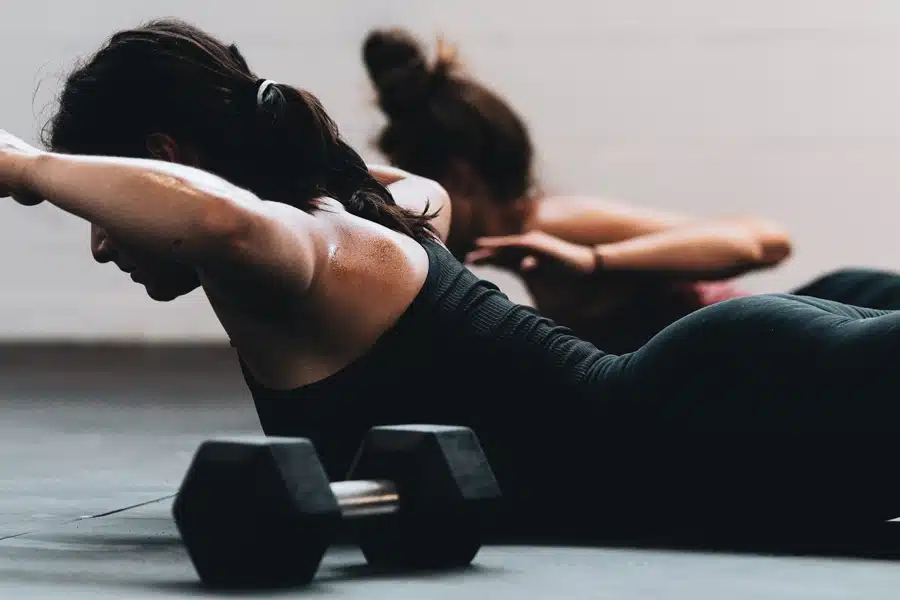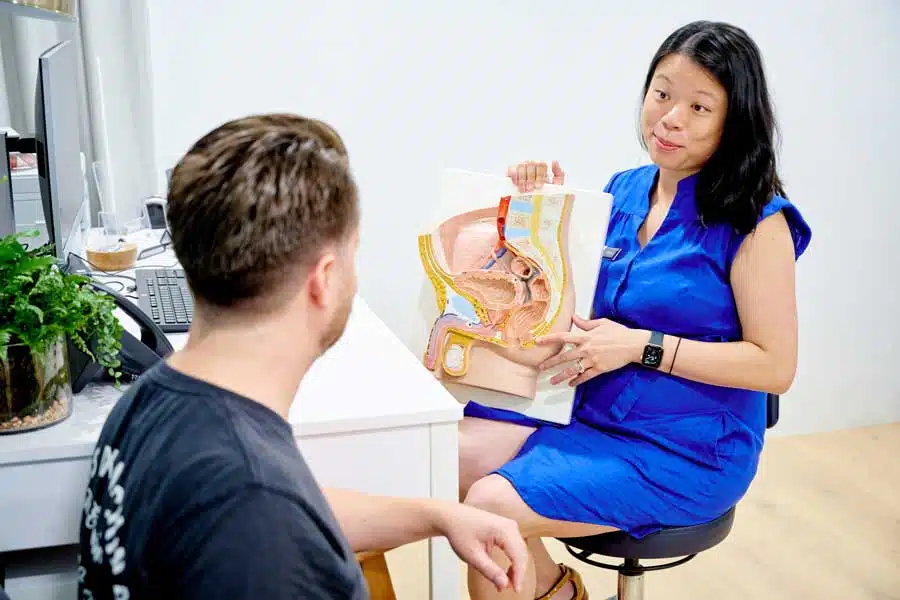With Cherie Redfern-Hardisty APAM
There are so many benefits to staying active and participating in regular exercise. Exercise truly can treat or prevent many illnesses.
To name a few:
- Cardiovascular disease, including reducing blood pressure and cholesterol
- Type 2 diabetes
- Reduce risk and rehabilitate from some cancers
- Weight management
- Mental health, including depression and anxiety
Exercise doesn’t have to be formal or intense, all movement counts and the more the better. Even if you are exercising regularly, too much sedentary behaviour (sitting or lying) can lead to poor health outcomes, such as an increased risk of type 2 diabetes (WHO, 2009). As Physiotherapists, we often see musculoskeletal pain or complaints directly linked to sitting for prolonged periods. So even if you’re getting up every morning for walk or jog, if you then sit stationary for the next 8-10hrs, it is highly likely you’re body won’t be feeling too happy.

Incorporate Incidental Exercise Into Your Day
Take advantage of informal opportunities for exercise throughout your day. This type of incidental exercise gives you the chance to keep your body moving.
- Park your car a 5-10min walk from the shops
- Ditch your shopping trolley and carry your shopping bags back to the car
- Meet friends for a coffee/catch up somewhere walking distance from home
- Grab a takeaway and go for a walk when you get that coffee!
- Take the stairs rather than the lift
- WEAR COMFORTABLE SHOES, all the time. Barred or Frankie4 make some great comfy and smart all day options
- Stand up every time you take a phone call, for the duration of that phone call
Keep Your Routine Alive
If you are active and you need a little motivation/inspiration these tips might be more useful for you:
- Try higher intensity, full body exercises, this will allow you to reduce to shorter more time efficient sessions
- Schedule time, life gets busy. Planning in advance will help you stay committed
- Organise a jogging, walking or training buddy, you can help keep each other accountable and motivated
- Change your run/walk route. A change of scenery will help keep things more interesting
- Diversify your weekly routine. Our bodies take 6-8 weeks to adapt to an exercise routine. So plan to change things up every few months.
Benefits of Regular Exercise
More than half of Australians are not meeting the recommended physical activity guidelines and spend long amounts of time being sedentary (ABS, 2013). It is so important to think, plan and change behaviour to regularly be physically active. There is abundant research on the benefits and you can expect to feel so much better for it. Aside from reducing your risk of illness or disease, further benefits of exercise include: improved sleep, increased sexual drive, stress relief, improvement in moods, increased, increased energy and stamina, reduced tiredness and increased mental alertness and increased quality of life (Sharma, et al. 2006).
Return to Exercise
If pain or pathology is getting in the way of you meeting the recommended physical activity guidelines, please see us for advice and consultation. Our Physiotherapy team is highly skilled in returning people to and helping people start safe and consistent exercise. We highly value exercise therapy as primary prevention and an intervention in managing chronic disease and illness.
References and resources:
- Australian Physical activity guidelines: https://www1.health.gov.au/internet/main/publishing.nsf/Content/health-pubhlth-strateg-phys-act-guidelines
- Australian Bureau of Statistics (ABS) 2013. Australian Health Survey: Physical Activity, 2011-12. ABS Cat. No. 4364.0.55.004. Canberra: ABS.
- Global Health Risks: Mortality and burden of disease attributable to selected major risks. World Health Organization, 2009.

